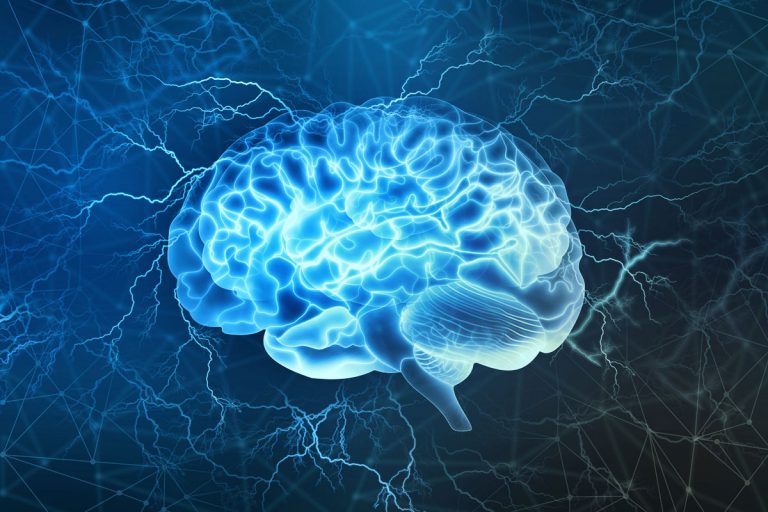Obese people have, on average, eight percent less brain tissue than people of normal weight, according to a new study published in the journal Human Brain Mapping. Even overweight people have four percent less brain tissue than their normal-weight peers. Obesity is independently associated with poor educational attainment and may be responsible for the cognitive deficiency manifested in lower intelligence test scores (IQ). Excessive body weight gain has a shrinking and aging effect on the brain with a reduction in measureable IQ, in addition to the previously recognized increased risk of diabetes, high blood pressure, heart disease and stroke. The terminology of obesity and ever weight is defined by using weight and height to calculate a number called the Body Mass Index (BMI). Obesity is defined as a BMI greater than 30, and overweight is defined as a BMI of 25 to 29.9.
The new study showed that age, gender, and race don’t matter. MRI brain scans of obese people revealed that their brains are smaller (atrophy) and appeared to be 16 years older than brains of lean people. The brains of overweight people appeared to be 8 years older. The presence of brain shrinkage is associated with dementia and depletes cognitive reserves in later years, which puts you at greater risk of Alzheimer’s and other diseases that attack the brain.
The primary areas of the brain affected include the frontal and temporal lobes, which are responsible for planning and memory.
- The mechanisms which links obesity to gray matter atrophy (brain shrinkage) include:
- Reduced blood flow to brain due to blood vessel shrinkage
- Reduced perfusion due to hypertension and loss of vessel elasticity
- Toxic xenoestrogens released from excessive adipose tissue
- Insulin resistance with chronically elevated blood glucose, leading to glycation, inflammation, and protein degradation
- Expansion of the penumbra zones (enlargement of the stroke zone), possibly even with micro strokes or silent strokes.
This lack of blood flow to the brain causes cell and tissue death resulting in brain shrinkage. Interestingly, the research also showed that regular, vigorous exercise has the reverse effect. Physical activity can actually conserve brain tissue, which further supports the idea that blood flow is at least partly responsible for the maintenance or shrinkage of our brains. Of course, exercise also helps greatly in preventing obesity and its related conditions and risks.
According to the World Health Organization, a poor dietary habit with reliance on convenience and processed foods significantly contributes to obesity. The lack of portion size control is a particular problem in the United States, where “Super Sizing” every restaurant meal has contributed to our expanding waistlines. Additionally, food engineering and tremendous food diversity titillates our taste buds into over consumption.
These new study results highlight the importance of exercising regularly, eating a balanced diet of fresh, whole foods and limiting your portion sizes. Not only will these healthy habits go a long way towards maintaining your weight and reducing the risks associated with obesity, they can help you maintain a healthy brain – which will end up affecting much more than how you look.

